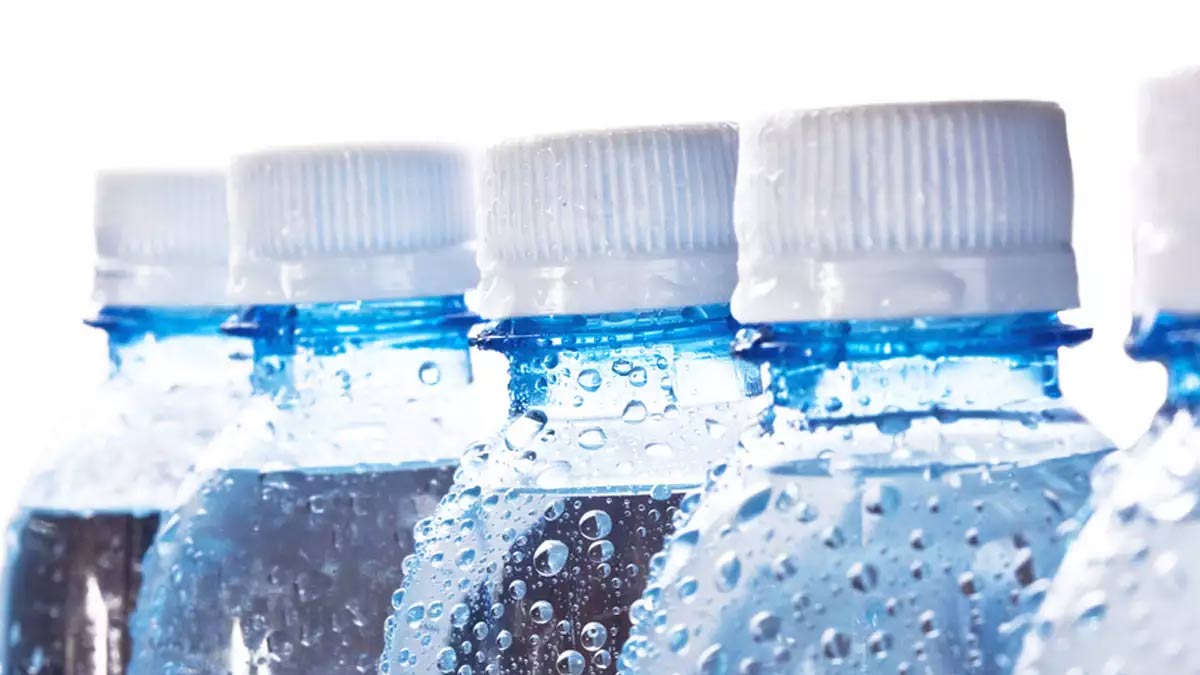
Diet sodas, often marketed as zero or light alternatives to traditional sugary beverages, have gained popularity among individuals seeking to reduce their sugar or calorie intake. Despite their widespread consumption, the health implications of zero soda or soda water, sweetened with artificial substitutes, remain a topic of controversy.
Table of Content:-
Understanding Diet Soda
As per Ms Rajeshwari V Shetty, HOD (Nutrition & Dietetics), SL Raheja Hospital, Mahim, zero soda or soda water is essentially a blend of carbonated water, artificial or natural sweeteners, colours, flavours, and various additives. While they are typically devoid of sugar and calories, some variants may contain a combination of sugar and sweeteners. The ingredients in diet soda include carbonated water, sweeteners like aspartame or sucralose, acids for tartness, colours, flavours, preservatives, and sometimes vitamins and minerals.

Effects on Weight Management
The impact of diet soda on weight management is a subject of conflicting findings. Observational studies have suggested a potential association between artificial sweeteners and increased obesity risk. However, experimental studies have shown contrasting results, indicating that substituting sugary drinks with diet soda may contribute to weight loss. More high-quality research is necessary to ascertain the true effects of diet soda on weight management.
Also Read: Mrunal Thakur Admits Considering Freezing Her Eggs; What to Expect from the Egg Freezing Process
Links to Chronic Diseases
Several studies have examined the relationship between diet soda consumption and chronic diseases such as type 2 diabetes and heart disease. While some research indicates a correlation between diet soda intake and higher risks of these conditions, other studies have found no significant association. The presence of bias in scientific literature funded by the artificial sweetener industry further complicates the interpretation of findings. Additional rigorous research is essential to establish any causal relationships.
Impact on Kidney Health
Evidence suggests a potential link between high consumption of diet soda and an increased risk of chronic kidney disease. The phosphorus content in diet soda may contribute to kidney damage, although dietary and lifestyle factors among frequent diet soda consumers could also influence these outcomes. However, the effects of diet soda on kidney stone formation remain inconclusive and require further investigation.
Considerations During Pregnancy
Consuming diet soda during pregnancy has been associated with adverse outcomes such as preterm delivery and childhood obesity. However, the evidence from observational studies is mixed, and the biological mechanisms underlying these associations remain unclear. More research is warranted to understand the potential risks posed by artificial sweeteners to maternal and child health.
Other Considerations
While some studies suggest potential benefits of diet soda, such as reduced fatty liver, the effects on gastrointestinal health, cancer risk, bone density, and mental well-being are still under scrutiny. The acidic pH level of diet soda may contribute to dental erosion, emphasising the importance of oral hygiene practices.
Bottomline
In conclusion, the debate surrounding the health effects of zero soda or soda water continues to evolve, with conflicting evidence complicating the assessment of their overall impact on health. While some studies raise concerns about potential adverse outcomes, others suggest possible benefits. It is evident that further research, particularly experimental studies, is necessary to elucidate the true effects of diet soda consumption on various aspects of health. In the meantime, individuals should approach their beverage choices with moderation and consider alternative options that offer nutritional benefits.
Also watch this video
How we keep this article up to date:
We work with experts and keep a close eye on the latest in health and wellness. Whenever there is a new research or helpful information, we update our articles with accurate and useful advice.
Current Version